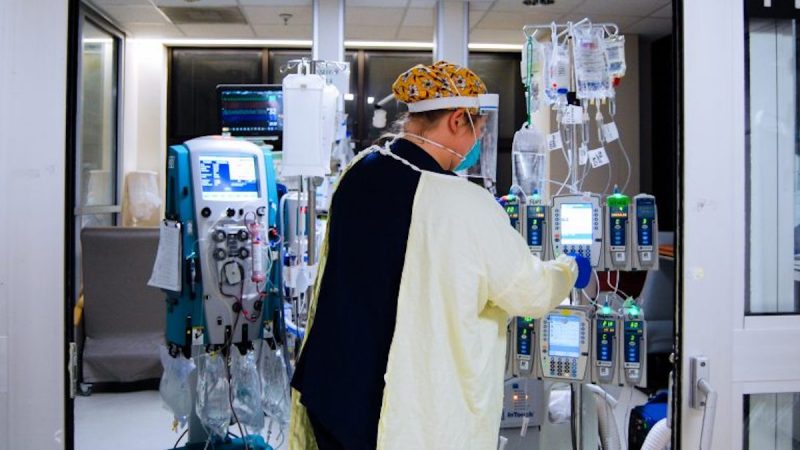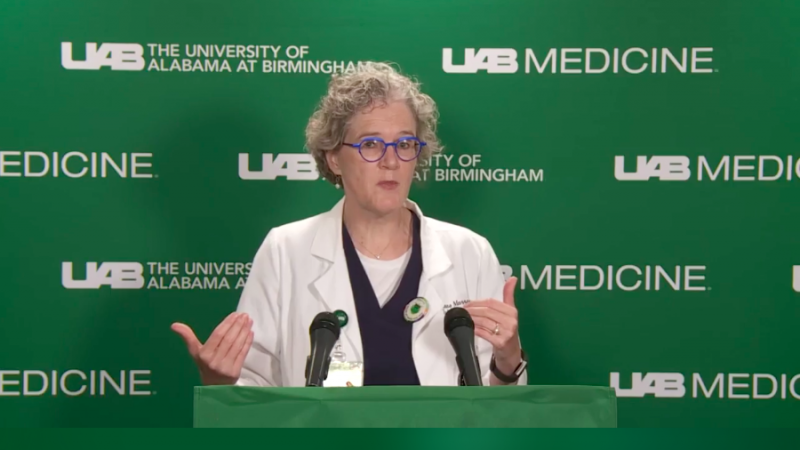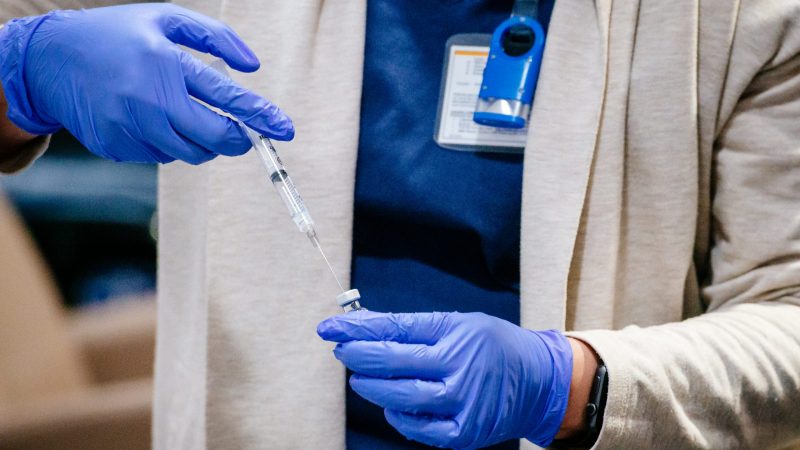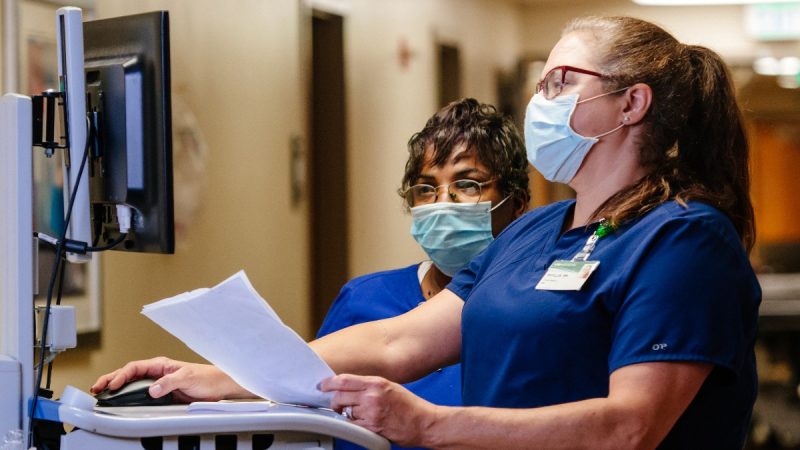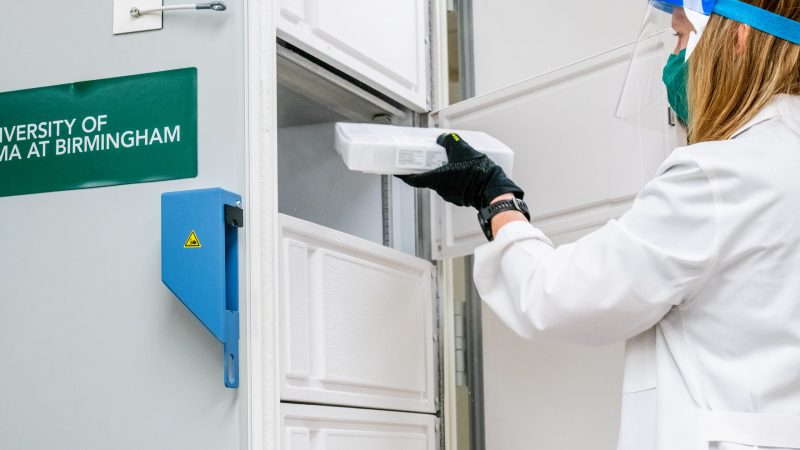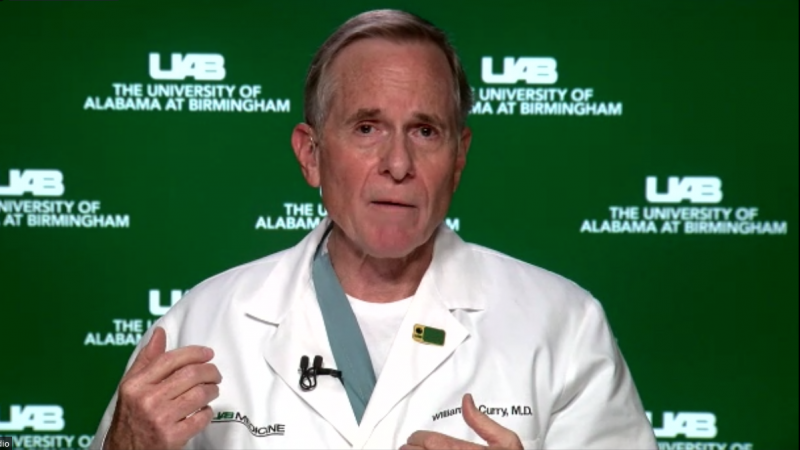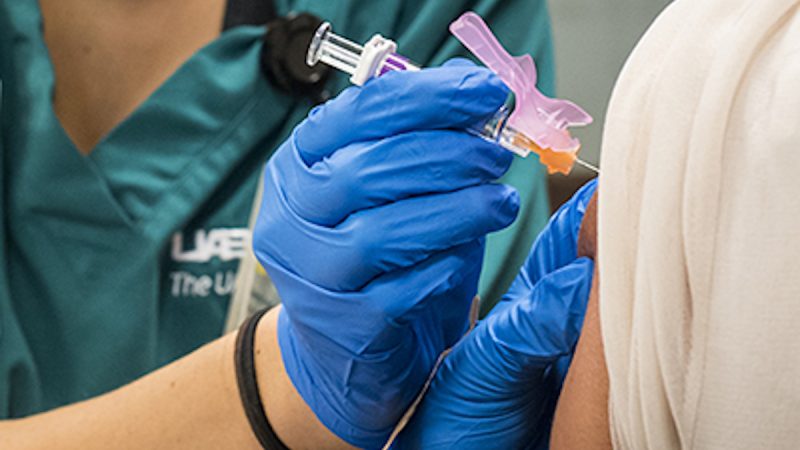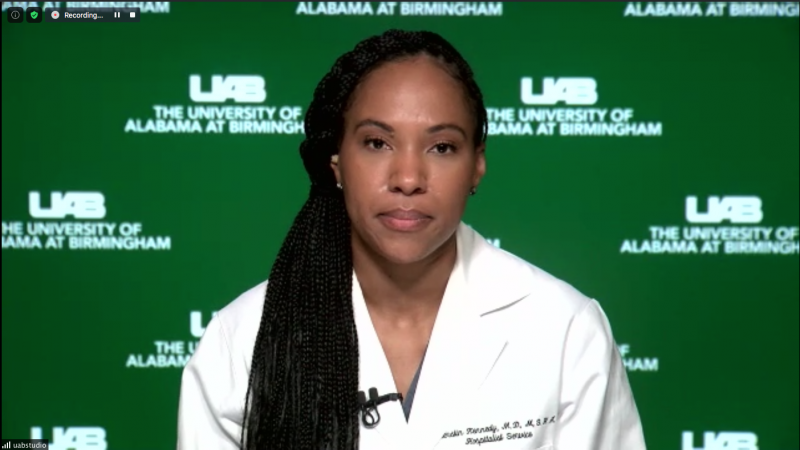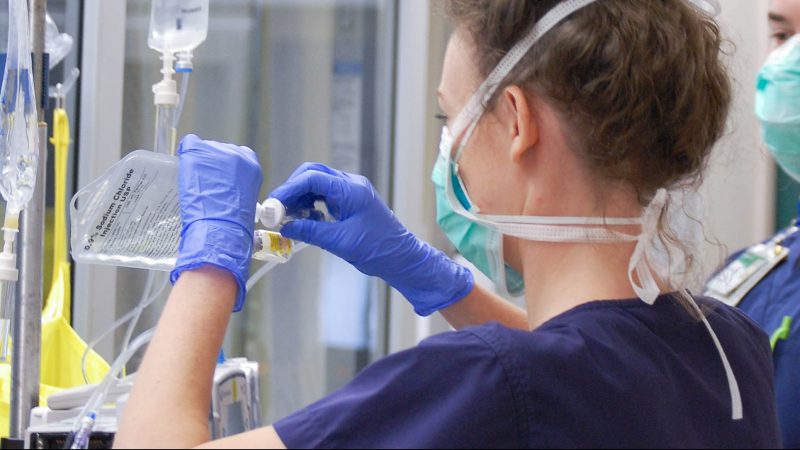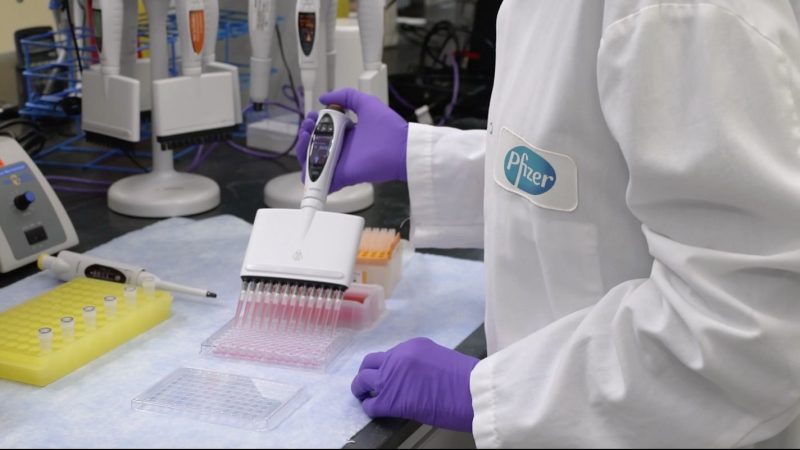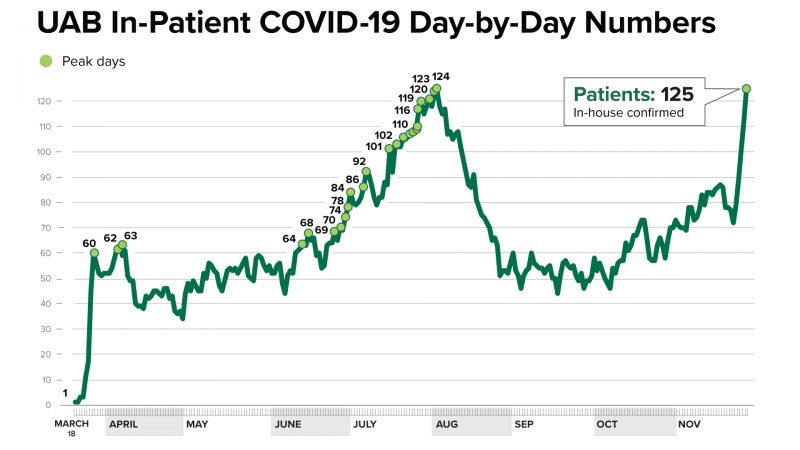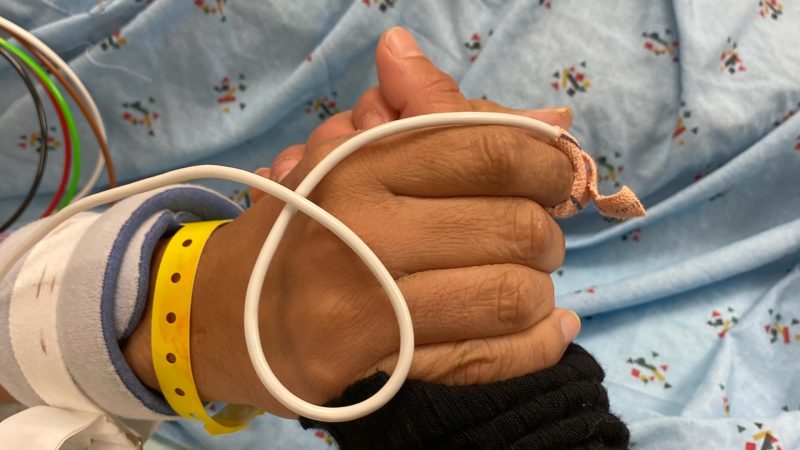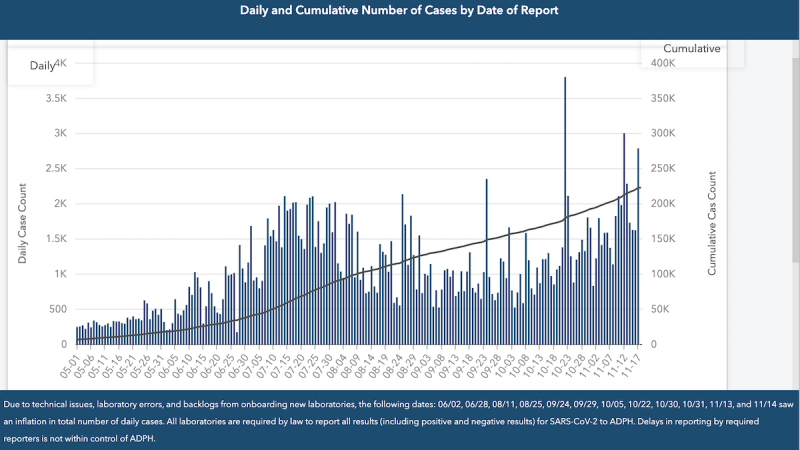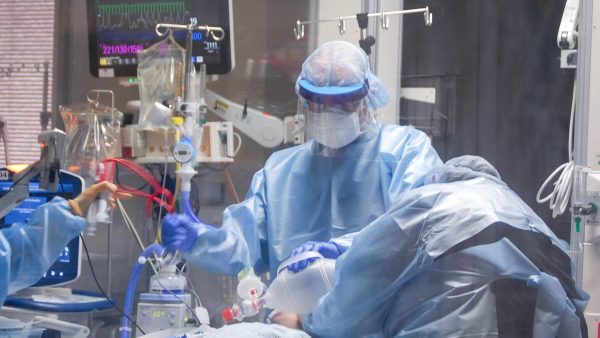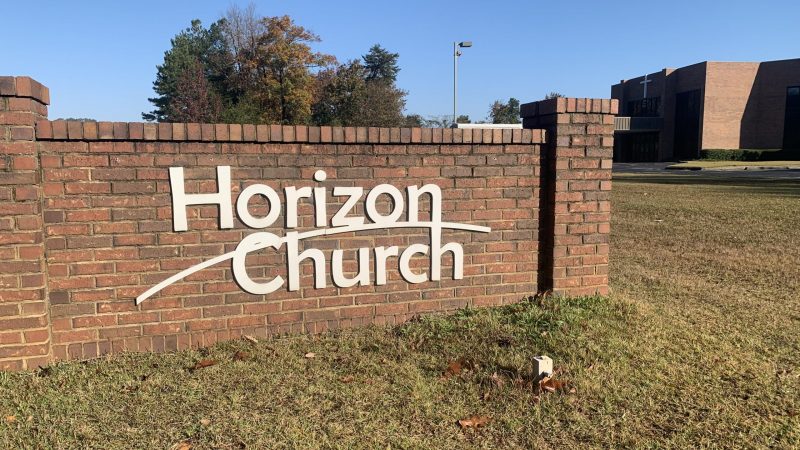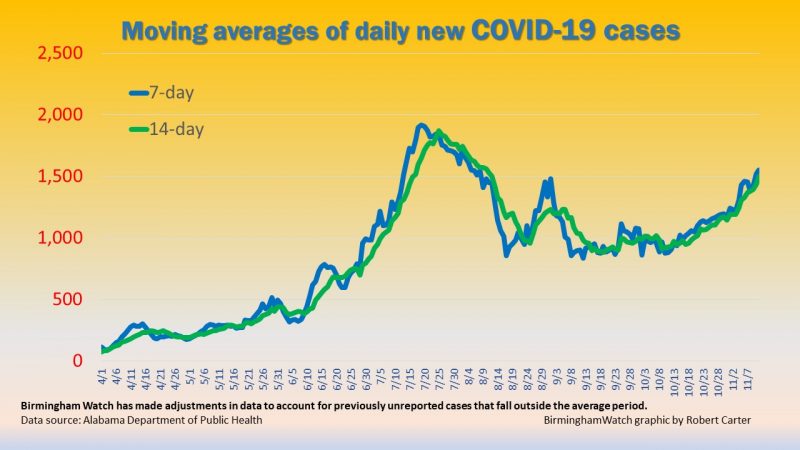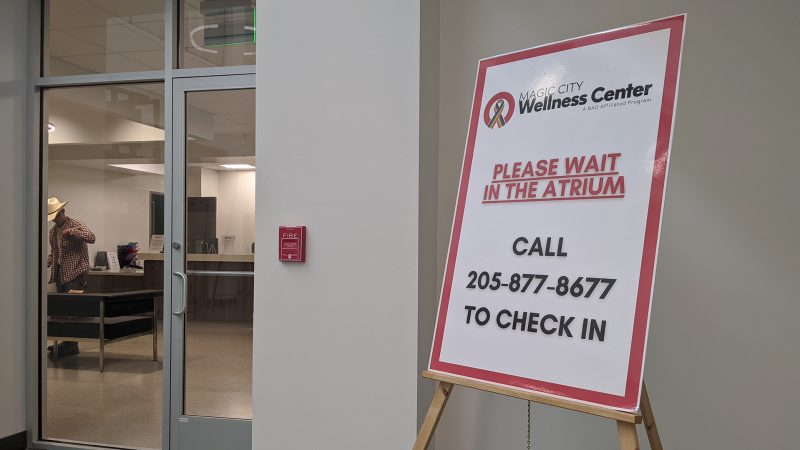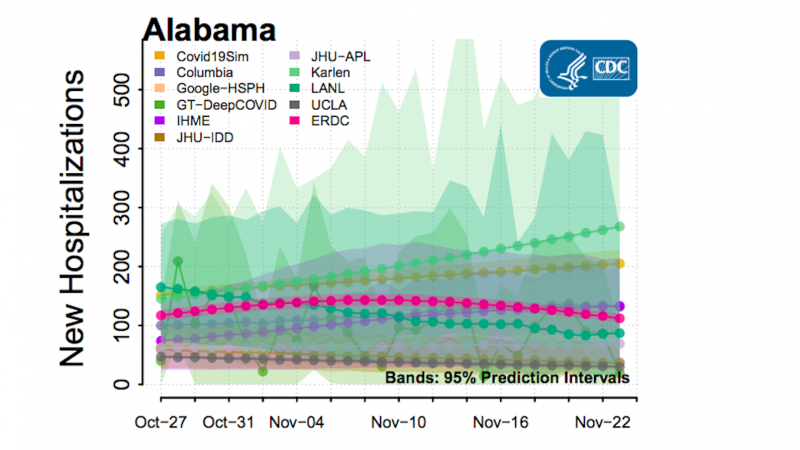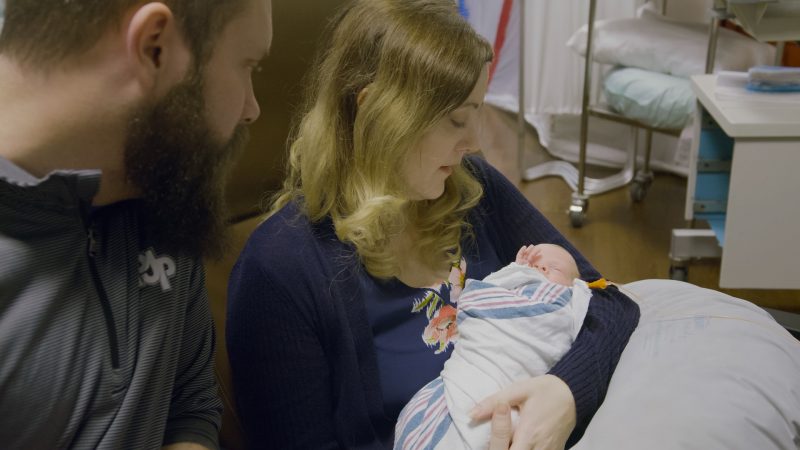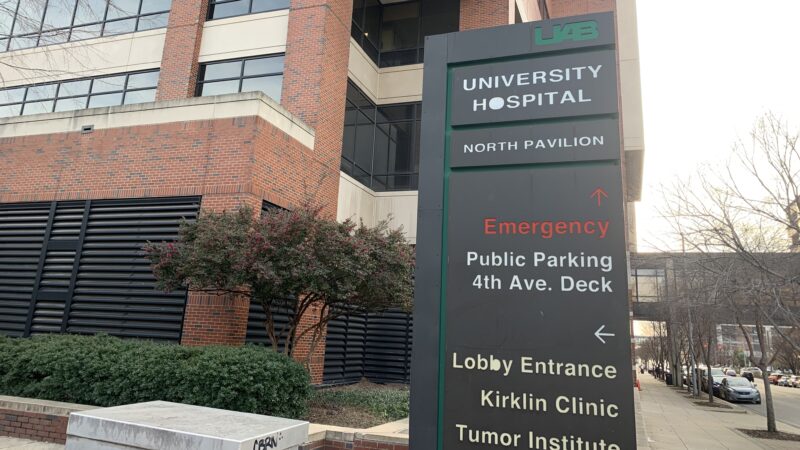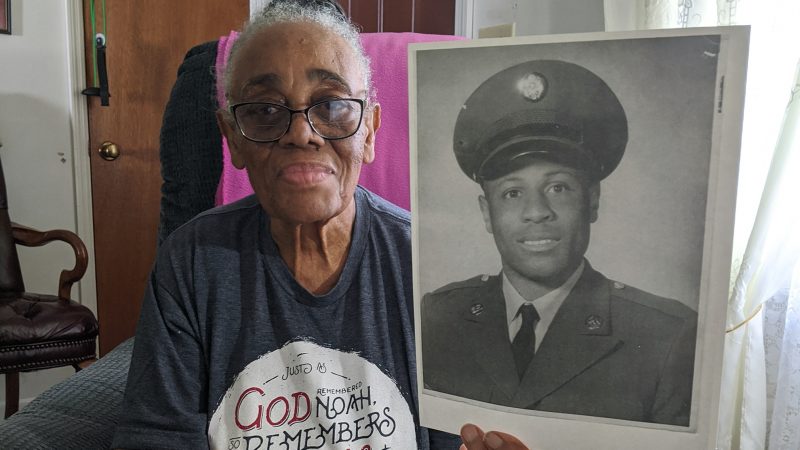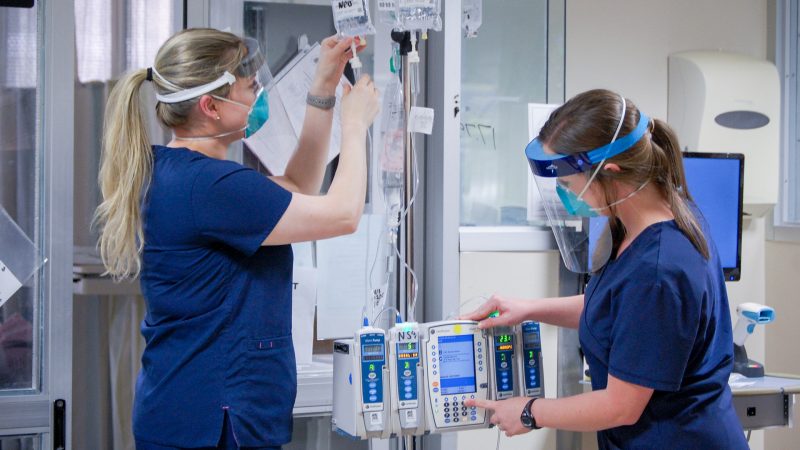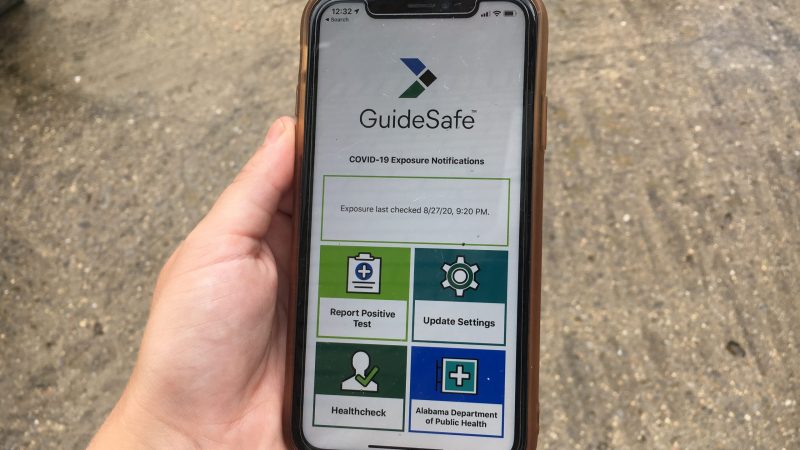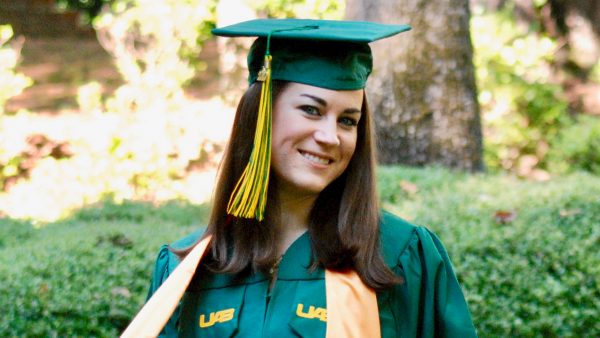Health Care
‘Oh My God!’ Alabama Running Out Of ICU Beds, And The Christmas Rush Hasn’t Even Begun
Alabama's ICU beds are filling up and the state has not yet seen the rush of new cases from holiday gatherings, according to the president of the Alabama Hospital Association.
Here’s What Kids Yearn For In A Post-Pandemic World
As we welcome a new year, we asked kids what they're most looking forward to after the pandemic.
UAB’s Marrazzo Concerned About Rising COVID Numbers, But Hopeful About Vaccines
Alabama ranks third in the nation in per capita hospitalizations for COVID-19.
Jeffco Health Department To Roll Out Moderna Vaccine
The health department will soon begin its vaccine rollout as UAB drafts a timeline for making the vaccine available to more employees.
Moderna Vaccine For COVID-19 Has Arrived In Alabama
Alabama will receive its first shipment of the Moderna COVID-19 vaccine today.
Local Area Hospitals Near ICU Capacities
As of Thursday, more than 2,400 COVID patients were hospitalized across the state. About 25% of those hospitalizations were in Jefferson and Shelby counties.
Hospital Officials Urge Against Holiday Gatherings In Open Letter To Alabamians
Birmingham-area hospital officials are asking Alabamians to take all possible precautions to stop the spread of the disease, including avoiding holiday gatherings with people who do not live in their households.
UAB Hospital Receives First Delivery Of Pfizer’s COVID-19 Vaccine, Vaccinations Begin Thursday
UAB Hospital received its first shipment of Pfizer's COVID-19 vaccine Tuesday morning.
Providers Plan For Vaccinating Millions of Rural Alabamians
As Alabama receives its first allotment of the Pfizer COVID-19 vaccine, health officials anticipate challenges distributing the vaccine in rural communities.
Local COVID-19 Hospitalizations Spike As Alabama Faces Shortages In Number Of Available Healthcare Workers
Experts predict that number of new COVID-19 hospitalization will continue to rise in the coming weeks.
UAB Predicts COVID Hospital Patients Will Double By Christmas, Vaccines Expected Soon
In a gathering of 20 people, there's more than a 50% chance that one person in that gathering will be infectious and contagious with COVID-19, according to Jefferson County Health Officer Dr. Mark Wilson.
UAB Hospital Braces For ‘Terrifying’ Increase in COVID Hospitalizations
As COVID case numbers continue to increase, UAB Hospital is predicting a dramatic surge in hospitalizations next week.
COVID-19 Hospitalization Number Reaches Record High In Alabama
Alabama's COVID-19 hospitalizations reached a new record, according to the state department of public health.
Alabama Health Officials Hope To Receive First COVID-19 Vaccines Next Friday
Alabama will receive about 41,000 doses of a COVID-19 vaccine, which will be distributed at 16 vaccination sites at hospitals across the state.
UAB Expert: Alabama Could See ‘Tidal Wave’ Of Coronavirus Cases This Month
Alabama will likely receive its first shipment of a COVID-19 vaccine in January, according to health care experts. It was previously predicted that Alabama would receive the vaccine in December.
COVID Hospitalizations Hit Record High As Case Numbers Rise
UAB Hospital is caring for 125 COVID-19 patients, which is a new record high.
Health Experts: Scale Back Thanksgiving Plans To Avoid COVID-19
Research from Georgia Tech University shows there is a one in five chance you will catch the virus if you gather with a group of ten people in Jefferson County.
Hospitalized For Months: One Man’s Fight Against COVID-19
COVID-19 has left 38-year-old Victor Perea hospitalized for almost three months. His wife wants others to understand how bad the virus can be.
Jones Pleads With Public To Follow COVID Safety Guidelines As Cases And Deaths Increase
Health experts are warning about gathering with friends and family over the upcoming Thanksgiving holiday.
Rising COVID-19 Cases Starting To Strain Hospital Resources, Staff
The COVID-19 caseloads in Alabama hospitals are "worsening fairly rapidly," according to the president of the Alabama Hospital Association.
Concerns Raised About COVID At Horizon Church Polling Place After Worker Tests Positive
Voters who cast their ballots last week at Horizon Church may have been exposed to COVID-19.
Rapid Rise Of Alabama, National COVID-19 Numbers Worries UAB Doctor
Alabama's number of new COVID-19 cases and deaths continues to rise.
Birmingham Offers ‘Beacon’ For Alabama’s Transgender Community
The newly expanded Magic City Wellness Center is one of several providers working to increase access to gender-affirming medical care.
Health Experts Warn Alabama May See Another COVID-19 Surge; Fauci Is Optimistic About A Vaccine
Alabama could see another surge of COVID-19 in the coming weeks. But a vaccine could be around the coroner, according to the country's top infectious disease expert.
UAB Launches First Uterus Transplant Program In Southeast
For women without a functioning uterus, uterine transplantation offers the possibility to become pregnant.
UAB Looking For A Variety Of Patients For COVID-19 Clinical Trials
UAB is offering both inpatient and outpatient COVID-19 trials ranging from vaccines to treatments that hope to weaken the effects of the virus.
Remembering A Life Lost To COVID-19 Behind Bars
Hershell Moon came from a big family and served in the Vietnam War. He was incarcerated at St. Clair prison when he died from COVID-19 in June.
Alabama’s Nursing Shortage Worsens During Pandemic
In the fight against COVID-19, Alabama hospitals say one of their biggest concerns is a shortage of nurses. Many are turning to travel nurse companies to meet demand.
Number Of COVID-19 Patients In Alabama Hospitals Falls To Less Than Half Its Peak
The number of people hospitalized in Alabama for COVID-19 has dropped to less than half the peak figure of more than a month ago.
UAB’s Director Of Infectious Diseases Warns Caution Around COVID-19 Vaccines In Trial
The director of infectious diseases at the University of Alabama at Birmingham said vaccines in phase three clinical trials have been fast-tracked and not much is known about the long term effects or success rates.
Can Alabama College Students Skip The Next Phase Of Coronavirus Testing? Maybe.
GuideSafe plans to roll out the next phases of testing at Alabama higher education institutions.
After Bipolar Diagnosis, French Became Her ‘Asylum From The Madness’
This Alabama woman struggled with mental illness and found solace in French. She recently recounted her story in an award-winning essay.

